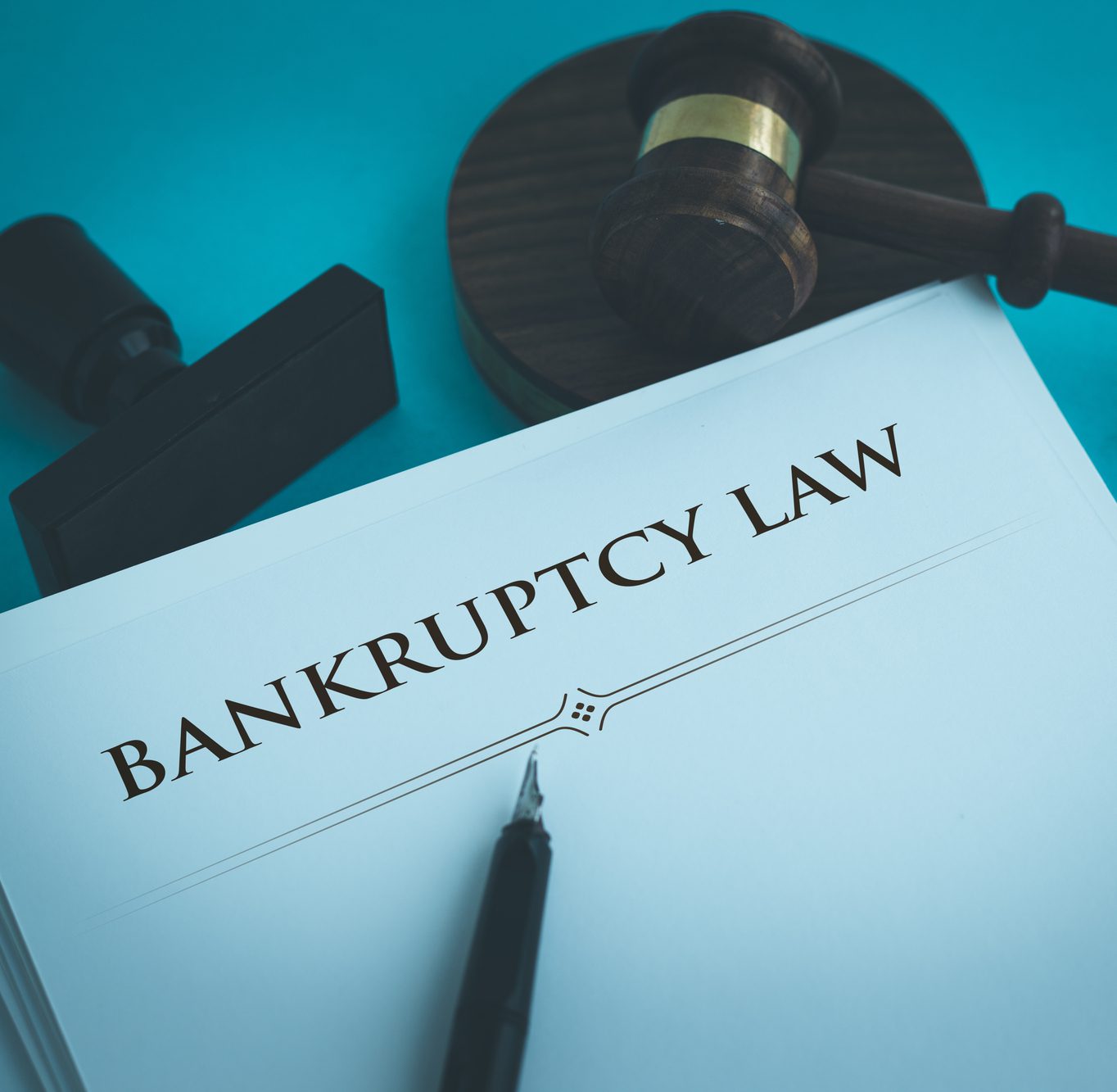
Finding Practical Solutions with a Bankruptcy Lawyer
Enjoy a fresh start with the help of our Gunger Law Firm for Banruptcy in Auburn New York, Cayuga County, Onondaga County, Tompkins County, Oswego County and all other counties located in the Northern District Federal Court of New York. We assist individuals struggling financially for various reasons, such as being laid off, going into debt, losing property to creditors, or being maxed out on credit. We act on behalf of these clients and seek an agreement that can solve their challenging situation. In addition, as a debt relief agency, we file clients for bankruptcy relief under the bankruptcy code. Some of our practical solutions include the following:
- Removing Freezes from Bank Accounts
- Stopping Garnishment of Wages
- Removing Liens
- Keeping Creditors from Taking Car, Home, or Other Property
- Giving a Fresh Start
Chapter 7 Bankruptcy
Chapter 7 is one of the most common types of bankruptcy; however, the Bankruptcy Abuse Prevention and Consumer Protection Act (which took into effect on October 17, 2005) requires cases that once were eligible under this bankruptcy relief to be filed as Chapter 13 bankruptcies. Additionally, this new law set income limits for filing under Chapter 7, requiring debtors to pay back a portion of their debts through a Chapter 13 plan. In addition to making this payment, debtors must also complete a course in financial management before getting a Chapter 7 discharge.
Even though Chapter 7 is referred to as liquidation bankruptcy, it does not require liquidation of all assets. Gunger Law Firm files this type of bankruptcy petition in federal bankruptcy court on our client’s behalf, stopping creditors from contacting, billing, suing, and attaching the client’s wages. Instead, creditors and clients work with a trustee who assesses their income and non-exempt assets. Our team represents clients during this meeting and handles negotiations with the trustee.
Discharging a Debt
Most assets are exempt from creditors, such as equity in a home or car, furniture, bank accounts, and pensions up to certain caps. Clients may choose to continue paying their mortgage and car loan or give up any right to those assets, including the debt. Nevertheless, certain debts such as child support, alimony, student loans, and some taxes cannot be discharged.
A federal judge reviews the petition and any filed objections before discharging the debts. This process takes a few months, but once discharged, clients can’t be asked to pay those debts and can enjoy a debt-free life.
Chapter 13 Bankruptcy
Besides providing rehabilitation and government protection, Chapter 13 is designed for people with a regular income and those whose income exceeds the one allowed under Chapter 7. Due to these circumstances, clients can keep valuable assets, but they still need a bankruptcy attorney who guides them through the process.
Gunger Law Firm can personalize a bankruptcy plan based on the client’s financial needs and desires, setting a repayment arrangement of debts over a three-to-five-year period. This plan allows clients to meet their overdue payments by paying a percentage of their debts. Additionally, clients can appoint a trustee who pays the creditors.
The repayment amount is determined by the type of debt and the client’s income. The debts subject to a Chapter 13 repayment plan include mortgages, car payments, alimony and child support, taxes, high-interest loans, or credit cards. Additionally, while the plan is in effect, creditors cannot sue or attach the client’s wages. This means that with Chapter 13, filers must complete their payments so that their debts are discharged.
